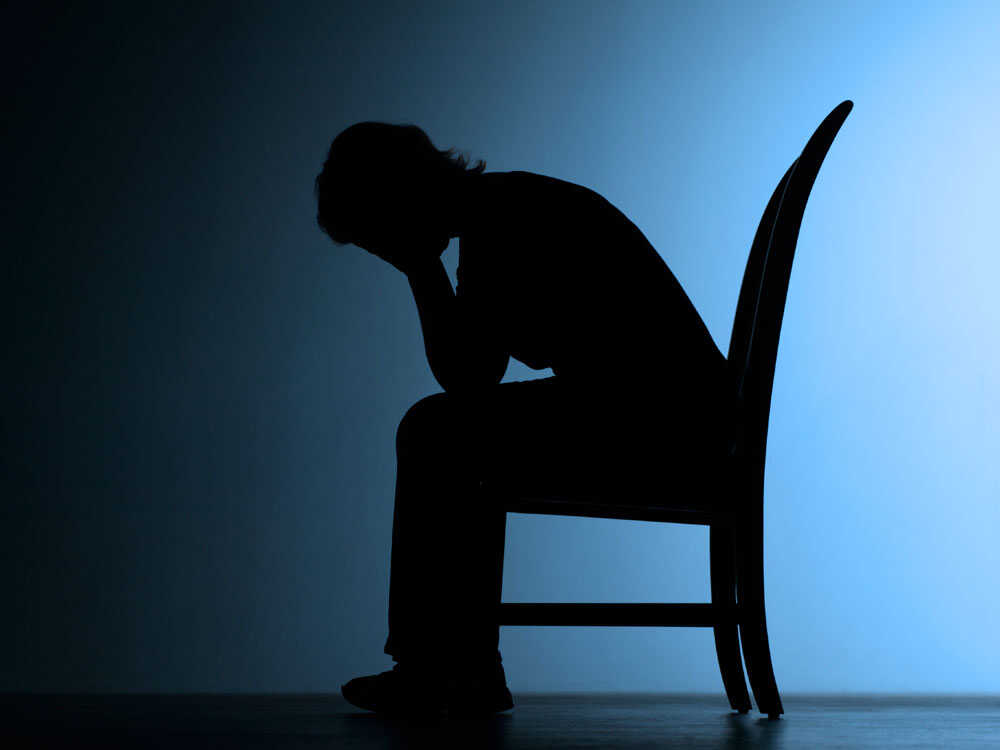
Life is full of ups and downs. Sometimes, it seems those downs take prevalence over the ups. As a result, you might find yourself emotionally suffering and looking for a way to handle your feelings.
Coping with emotional pain can be incredibly challenging. Many people often develop unhealthy coping mechanisms to escape their emotions like alcohol, binge eating, or excessive shopping. Each of these may be harmless when controlled but can become a problem when you rely on them to supplement emotional needs.
Fortunately, there are many healthy ways to manage emotional pain. It may take time before you notice a significant change, but healthy emotional recovery is worth the time and effort.
1. Professional Therapy
This doesn’t have to be your first resort, but it remains one of the best ways to work through and understand your difficult emotions. You might consider seeking professional assistance if you’ve already tried other solutions but find your emotions too strong to handle on your own. This can often be the case when working through feelings resulting from particularly traumatic events.
Mental health professionals are trained and certified to help people talk through their feelings in a safe environment. Psychotherapy, also known as talk therapy, is one of the most effective treatments for emotional pain. You can explore different types of talk therapy to find what best suits you. Examples of different types include one-on-one therapy and group therapy.
2. Starting A Hobby
Fun activities can help you express your emotions, act as an outlet, or even be a distraction at times. Your new hobby can be anything like dancing, drawing, painting, knitting, or anything else you enjoy.
If you’re stumped when looking for a new hobby, try identifying an activity you love but haven’t made much time for recently. For example, many people find joy in reading but often don’t have much time for it. All you need to do is consciously make time for that activity. Set some time aside, turn off your devices if you can, and enjoy doing what you love.
3. Allow Yourself To Cry
It’s not uncommon for people to associate crying with shame or to feel like they shouldn’t cry because it shows weakness. There’s no shame nor weakness in crying. Rather, crying is like your body’s natural emotional outlet and has been linked to several health benefits.
Don’t fight back any tears. Sometimes, a good cry is exactly what’s needed when emotions become too much to handle. On the contrary, holding in your tears and bottling up emotions can hurt your mental state in the long term.
4. Don’t Fixate
It’s good to face the problem, but one of the worst things you can do is constantly remind yourself about what caused the emotional suffering. Unfortunately, the past can’t be changed. Allowing yourself to fixate on what’s already happened is most likely to do more harm than good.
Instead, think about what you can do to move forward. Try your best not to blame yourself for what’s passed, should any such emotions intrude on your thoughts. Focus on confronting your feelings. This can be especially helpful when done along with the other emotional management methods listed here like finding a hobby.
5. Keep A Journal
Writing about your emotions can become an extremely effective emotional outlet. Journaling is somewhat like talking or voicing what you’re feeling, except it’s only between you and what you write. This gives you time to think about your emotions as you write or express them with words.
Of course, you don’t need to write exclusively about negative emotions. Your journal can be used to write about your day or highlight specific events that you’d like to document. You may even find it beneficial to dedicate a section of each entry to listing positive events of the day. The main goal of journaling is to write your experiences and detail how you’re feeling. This process is what ultimately helps you release your emotions.
6. Build An Exercise Routine
Physical exercise is one of the most beneficial things you can do when you’re feeling down. Emotional pain can often feel immobilizing, and you might be tempted to do nothing all day. Doing so can have an adverse effect on your mental state and lead to further negative emotions.
Aside from just the physical health benefits of exercising, it can also give mental health a noticeable boost. Furthermore, studies have shown that exercising can lead to increased production of the body’s happy hormones, called endorphins. Generally, people who exercise regularly are known to experience better emotional and mental health than those who don’t.
You don’t have to start with rigorous exercise. Start small with something like walking or simple yoga. Your body will become accustomed to moving. Eventually, you can start working towards building an exercise routine and sticking with it.
Conclusion
Emotional pain can often be too much to handle and even lead to feeling hopeless or depressed. Fortunately, there are many healthy ways to deal with these emotions when you’re ready to confront them.
Self-care and mindfulness may help lessen emotional pain over time. Any of the practices discussed in this article can contribute to building positive mental and emotional health. Start with what sounds best to you, build a habit, and then start with another method. Alternatively, you can try several at once. If the pain persists long-term, it may be best to seek professional therapy.
